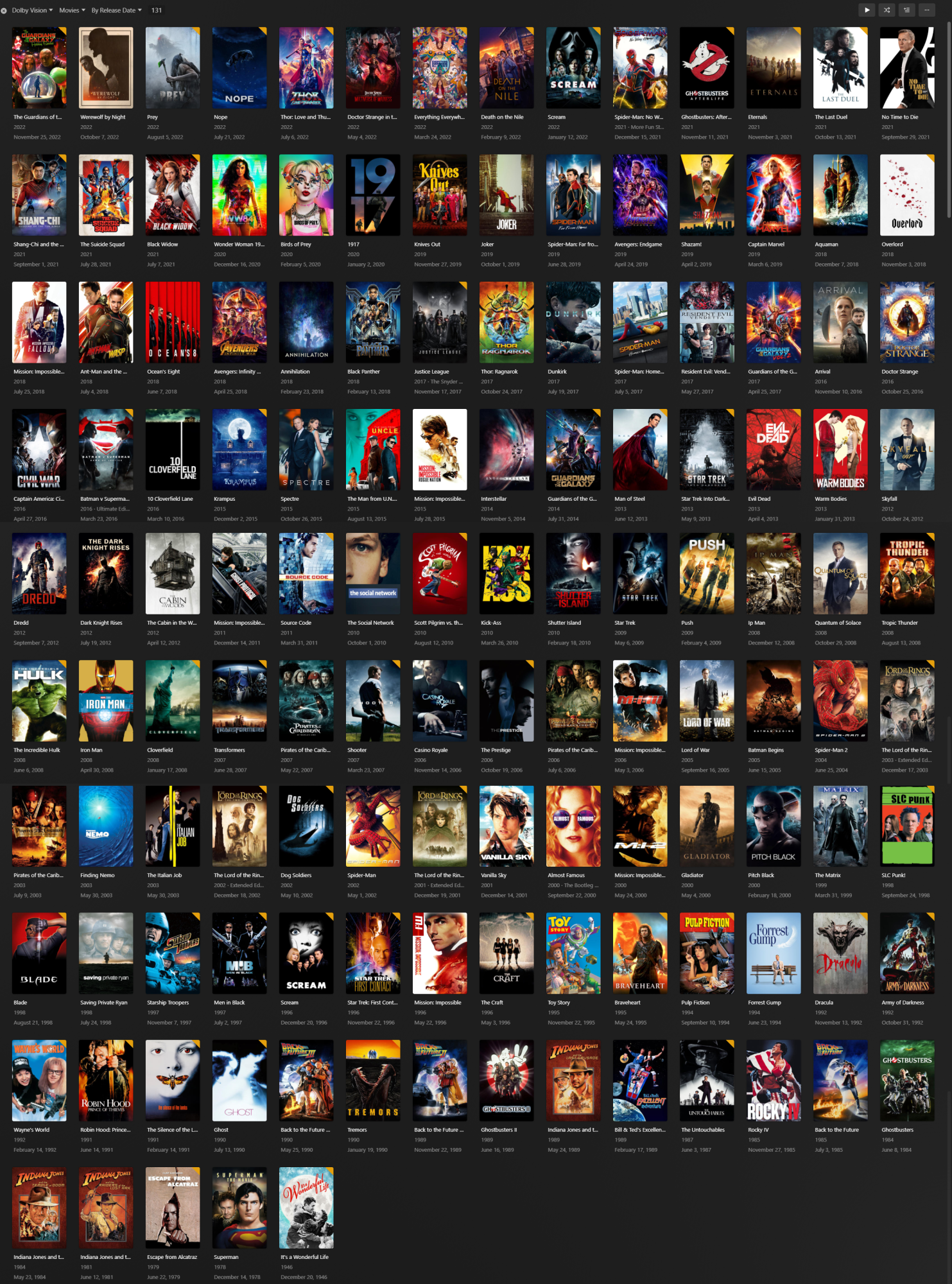I've got a Samsung 4k tv that does HDR10+ and I'll be getting a Samsung projector that does too. With the TV so far, I've only done regular blu-ray and Roku streaming and haven't noticed anything missing (but maybe I'm blind), otoh, the screen is going to be a lot bigger, so maybe it's time to upgrade to 4k discs? What do you all use to watch UHD discs?
Money isn't really a problem, but I do lean miserly (of course, my checkbook wouldn't know that given the theater room construction). I think the options are dedicated UHD Blu-Ray player (Panasonic UB820 seems highly recommended and UB420 seems almost as recommended if you don't need Dolby Digital); a computer with SGX etc to run official players, a libredrive capable drive (which I have) and VLC --- but I'm not sure what other specs are needed?, disc based ps5 / xbox series x, some sort of tv box but probably not a Roku?
I've generally been happy with the Rokus, but playing local content isn't great, and I understand some UHD discs peak at more than 100mbps, which means the ethernet can't keep up; I'd rather not transcode. I currently run MythTV on a server and two chromebox-ish htpcs, but I'd bet they don't have enough horsepower to decode UHD content, and MythTV isn't my dream interface either. I've got a Tivo Stream 4k and I don't know that I like Android TV. So I'm kind of leaning towards a Panasonic player, but they seem so spendy for something single purpose? Anyway, I value your opinions, so thanks in advance.
Money isn't really a problem, but I do lean miserly (of course, my checkbook wouldn't know that given the theater room construction). I think the options are dedicated UHD Blu-Ray player (Panasonic UB820 seems highly recommended and UB420 seems almost as recommended if you don't need Dolby Digital); a computer with SGX etc to run official players, a libredrive capable drive (which I have) and VLC --- but I'm not sure what other specs are needed?, disc based ps5 / xbox series x, some sort of tv box but probably not a Roku?
I've generally been happy with the Rokus, but playing local content isn't great, and I understand some UHD discs peak at more than 100mbps, which means the ethernet can't keep up; I'd rather not transcode. I currently run MythTV on a server and two chromebox-ish htpcs, but I'd bet they don't have enough horsepower to decode UHD content, and MythTV isn't my dream interface either. I've got a Tivo Stream 4k and I don't know that I like Android TV. So I'm kind of leaning towards a Panasonic player, but they seem so spendy for something single purpose? Anyway, I value your opinions, so thanks in advance.
![[H]ard|Forum](/styles/hardforum/xenforo/logo_dark.png)

